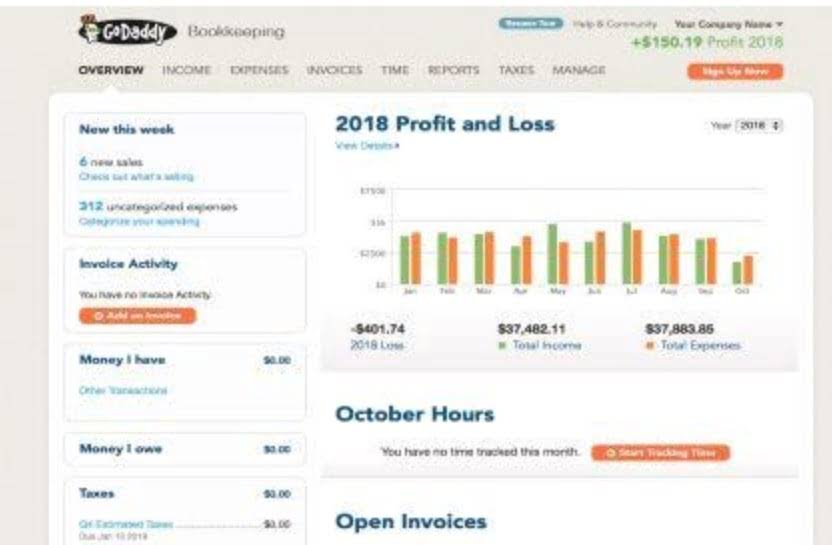
In addition to doing product and service development regulatory work, we assist our fintech clients that choose to deliver their solutions through banks in entering into bank partnership and platform agreements. Working effectively with newly established cannabis operations sometimes requires knowing how to help them enhance business functions. To advise on the creation of pitch decks and financial models aiming to raise funds, you will want to first understand the components of success specific to the cannabis industry. Accountants and finance professionals with cannabis industry clients may struggle to know which guidance takes precedence.
Risks for Merchants and Payment Processors and Ways to Mitigate
The Oregon Liquor Control Commission (OLCC) is the state agency charged with licensing and regulating the commercial growing and selling of adult-use marijuana stores.In fiscal year 2019, Oregon’s cannabis fees and taxes generated a surplus of roughly $90 million after covering the costs of regulating cannabis. Finding a medical marijuana payment solution that complies with regulations while offering security and convenience is crucial. As the industry expands, the demand for efficient and reliable payment processing options grows. This necessity drives innovation in the sector, leading to the development of specialized services catering to cannabis businesses. Given that businesses can operate in complete compliance with state law, while simultaneously in violation of federal law, marijuana businesses must be made aware of the potential for federal enforcement.
Dispensaries

In addition to regulatory compliance (discussed above), these investors and acquirers also consider corporate, securities, labor and employment, and intellectual property-related risks, among others. Additionally, investors and acquirers are well advised to consider the complex interactions marijuana has with other areas of law prior to investing in a marijuana-related business. The December 2020 report shows $389,700 in application fees collected that month, along with $1,158,256 in regulatory assessment fees and $1,163,500 in renewal fees — for a total of $2.71 million in adult-use cannabis business fees collected. Still, even against this uncertain backdrop, more and more financial institutions are providing banking, lending, and even payments services to MRBs in states in which marijuana has been legalized.
Marijuana Liberalization and Public Finance: A Capital Market Perspective on the Passage of Medical Use Laws

While the issuance and sale of the initial ownership in a new business is generally subject to exemption from securities registration requirements under federal and state securities laws, some states have in place reporting and notification requirements that apply to these transactions. Relieving marijuana businesses from the burdens imposed by 280E will help level the playing field for marijuana businesses seeking to attract investors and acquirers. Relief from its direct tax burdens will reduce the cost of doing business and allow the marijuana businesses to reallocate millions more in capital to their own use. Marijuana businesses will also no longer be incentivized to engage in “org splitting” – a common practice by which a single marijuana licensee will split different assets, liabilities, and operations among multiple business entities in an attempt to mitigate the impacts of 280E. Businesses subject to 280E can reduce gross receipts by the cost of goods sold (COGS) but cannot deduct other business expenses.
Why It’s Crucial for Dispensaries to Adapt to Evolving Payment Methods
Navigating Cannabis Industry Legislation Food Safety – Food Safety Magazine
Navigating Cannabis Industry Legislation Food Safety.
Posted: Sat, 23 Jan 2021 07:29:54 GMT [source]
In particular, in 2013 and 2014, respectively, the DOJ’s Deputy Attorney General, James M. Cole, issued the “Cole Memos” to U.S. At the same time that DOJ issued the second Cole Memo in 2014, FinCEN issued guidance (FinCEN Guidance) based on the Cole Memos advising financial institutions on how they could provide financial services consistent with their AML obligations. Make sure to always stay up medical marijuana accounting to date on Colorado’s medical marijuana regulations to ensure you are following the law and accessing your medicine legally. By understanding the qualifying conditions, application process, possession limits, and travel regulations, you can navigate the system with ease and confidence. Remember to respect dispensary staff, follow guidelines, and stay informed about any changes to regulations.
- This leads to the biggest question, can an employee be terminated or have a job offer rescinded based on their use of medical marijuana?
- Some alternatives may have hidden setup fees or higher transaction costs, making it important for merchants to thoroughly evaluate the financial implications before implementation.
- If you’re a smoker, it’s even more crucial to engage in healthy habits that offset your risk.
- Investors and acquirers will also likely request to visit all company facilities to ensure that there are no compliance issues that could create enforcement risks in the future.
- They bridge the gap created by traditional banks’ reluctance, providing a viable payment processing solution for cannabis dispensaries.
Businesses should look for processors that offer clear, upfront pricing to avoid unexpected charges. Importantly, these are categories which include risks that are relatively easy for a marijuana-related business to fix on a prospective basis in order to make themselves more attractive to investors. With rescheduling around the corner, the time to start addressing these issues is now and put your business in https://www.bookstime.com/tax-rates/florida the best position to attract high-value investments. This category examines the nature and quality of a target marijuana company’s internal governing documents. Investors and acquirers will first want to know whether a target has the baseline documents in place; these include legal documents such as operating agreements for a limited liability company and bylaws and shareholders agreements for corporations.
Recreational sales are subject to a special 10% excise tax that medical sales are not subject to. When seeking a Colorado medical marijuana card, it’s important to understand the approved medical conditions and the details of the application process. Knowing which conditions qualify for medical marijuana use will help you navigate the application process more efficiently. Familiarizing yourself with these crucial points can streamline your journey to obtaining a Colorado medical card. The marijuana industry often struggles to find financial institutions to service their deposit, payment, and lending needs.
Navigating State Laws and Cannabis Regulations
All applicants must be at least 21 years of age and with no past of any drug felony convictions. Despite the growing popularity of cannabis for both medical and recreational use among the general population, it is still a touchy subject for medical professionals. A survey in Colorado-one state where the drug is legal for both medical and recreational applications-found that in 2013, nearly half of the physicians in the state didn’t support recommending cannabis for medical use, and nearly all of them believed that more education was needed. When it comes to medical marijuana in Colorado, understanding the possession limits and purchasing rules is crucial.
